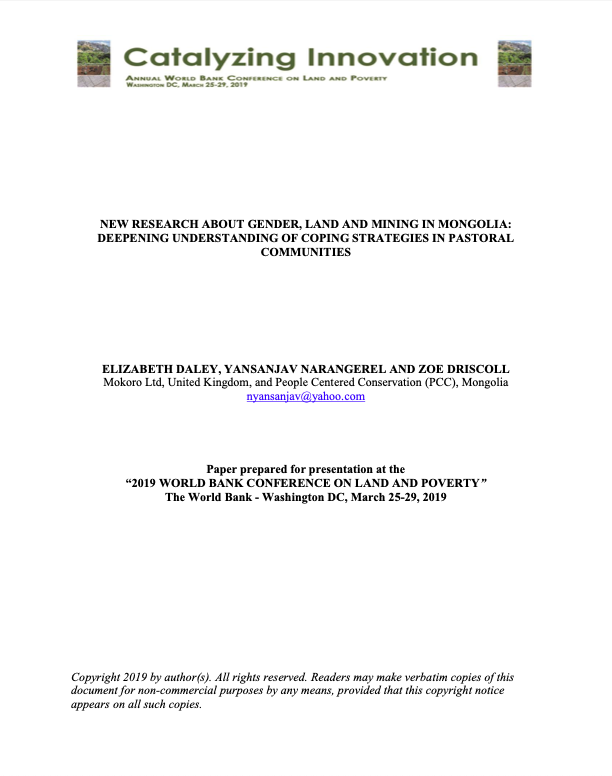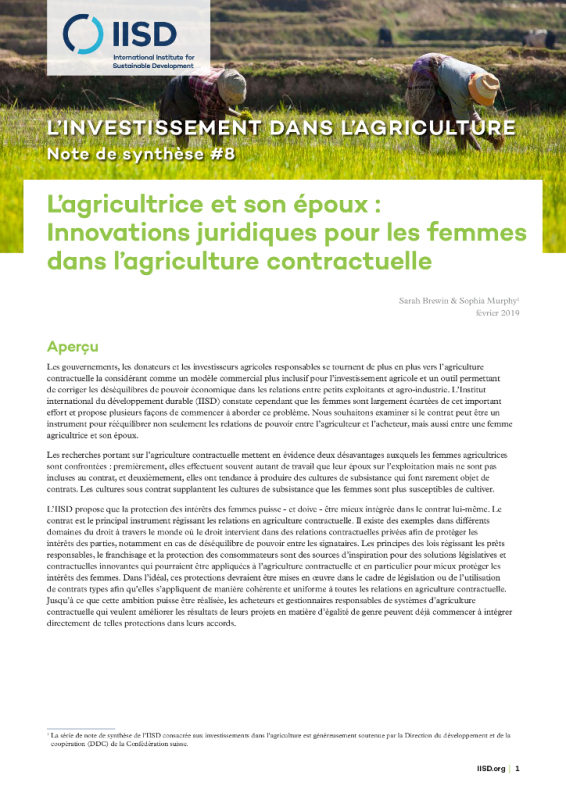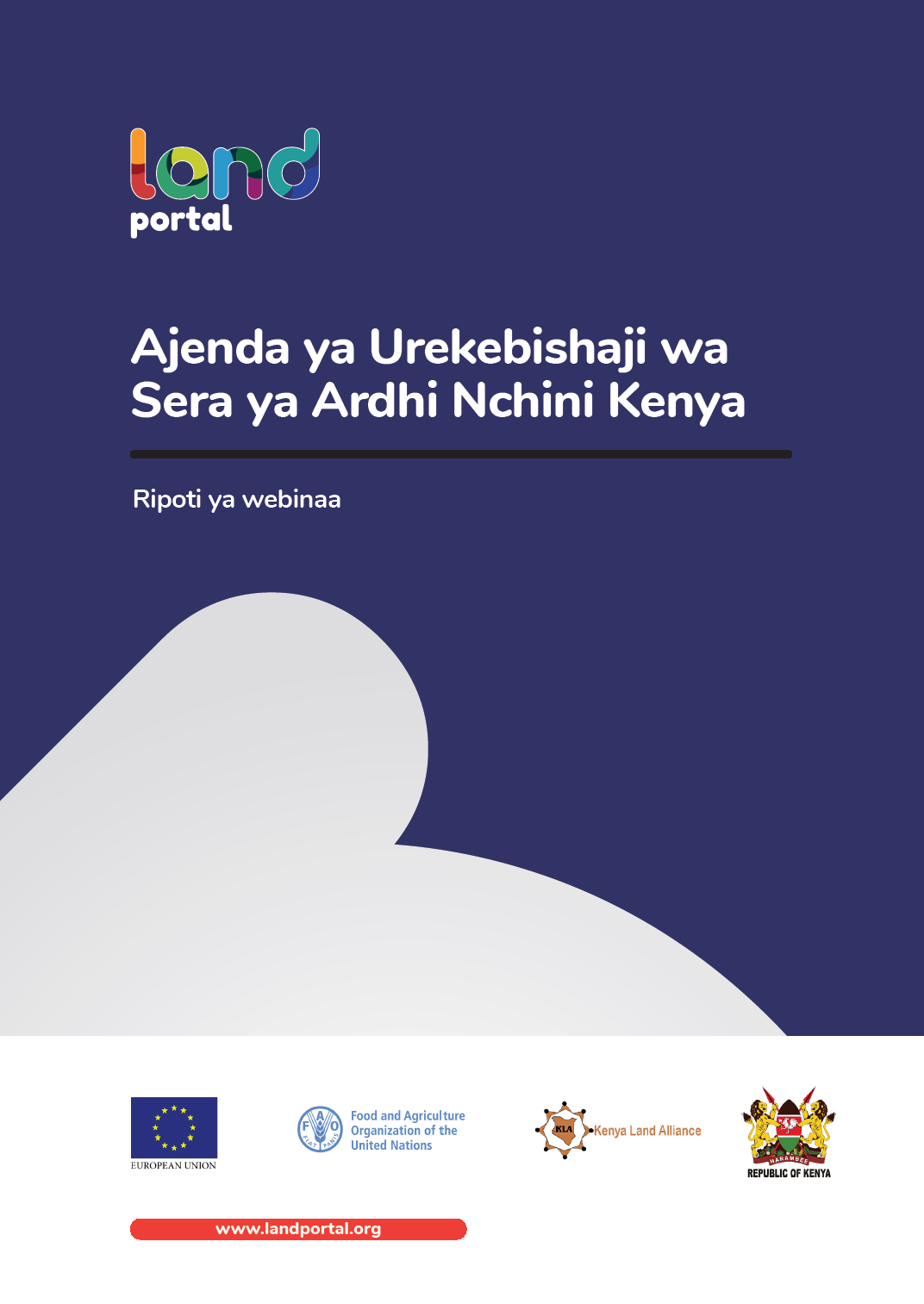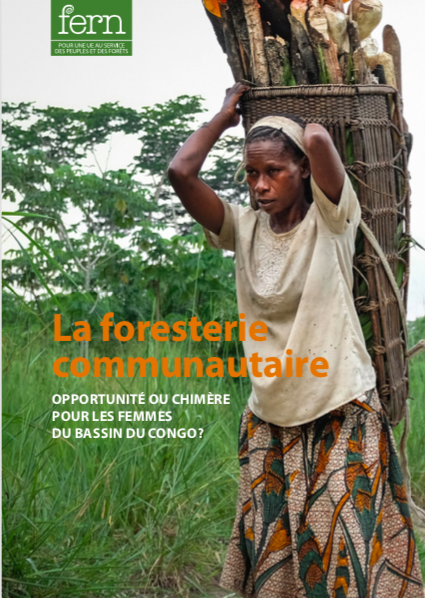Slow, stealthy and steady – capacity development to address land tenure issues in development programmes: experiences of the IFAD/GLTN TSLI-ESA Project
Land and natural resource tenure security is a central yet often neglected area for economic development and poverty reduction in the developing world. Land is fundamental to the lives of poor rural people. It is a source of food, shelter, income and social identity. Secure access to land reduces vulnerability to hunger and poverty. There are some 1.3 billion extremely poor people in the world, struggling to survive on less than US$1.25 a day, and close to a billion continue to suffer from chronic under-nourishment.







